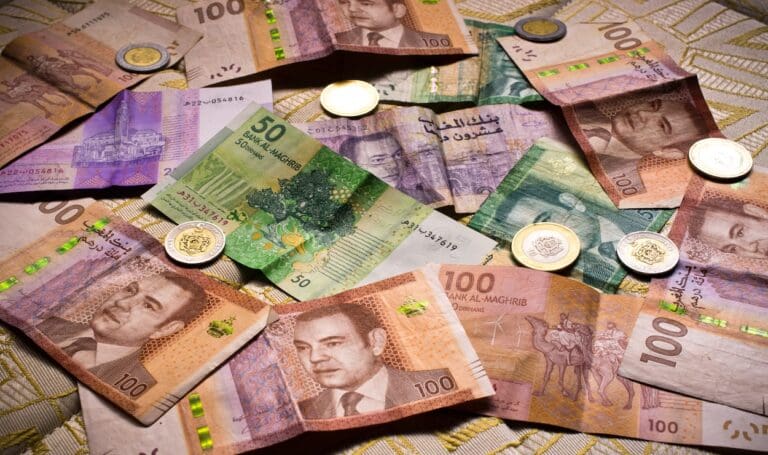Despite an uncertain global economic situation and an increase in public spending reaching 48.7 billion euros, Morocco has managed to contain its budget deficit.
The Moroccan government has drawn up the budgetary assessment for the year 2023, reporting a controlled deficit of €1.27 billion (13.94 billion dirhams), despite a sharp increase in spending. This announcement was made by Mustapha Baitas, Minister Delegate to the Head of Government in charge of Relations with Parliament and
Government Spokesman, during the adoption of the 2023 budget settlement bill at the weekly government council.
In an international context marked by economic turbulence, Morocco has shown resilience, recording growth of 3.4 percent. This momentum was driven by the recovery of non-agricultural sectors and a slight
improvement in the agricultural sector. Thanks to rigorous management of public finances, the budget deficit was contained at 4.4 percent of GDP, a figure lower than the 4.5 percent initially forecast and a marked improvement compared to the 5.4 percent recorded in 2022.
The State’s ordinary revenues stood at €30.9 billion euros (338 billion dirhams), or 114 percent of the initial forecasts. This performance is notably due to an increase in tax revenues, which increased by €1.22 billion (13.4 billion dirhams, +5.13 percent).
Non-tax revenues also saw a spectacular increase, reaching 5.79 billion euros (63.3 billion dirhams), an exceptional achievement rate of 212.4 percent. Public expenditure reached €48.7 billion (532.9 billion dirhams), while budget revenues amounted to €44.4 billion (485.2 billion dirhams), representing a budget execution of 114.5 percent. This increase in expenditure is mainly due to commitments related to social dialogue, wage increases and the State’s coverage of the price increase of several basic necessities.
In addition, the treasury’s special accounts generated a surplus of €2.73 billion (29.91 billion dirhams), while autonomous public institutions posted a surplus of €352 million (3.86 billion dirhams).
These results reflect prudent budgetary management and a sustained effort to contain imbalances while maintaining the country’s social and economic commitments.
However, the challenge remains to consolidate this dynamic in 2024, in an uncertain global environment
and in the face of the imperatives of structural transformation of the Moroccan economy.
MK/ac/Sf/fss/as/APA


